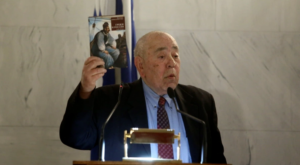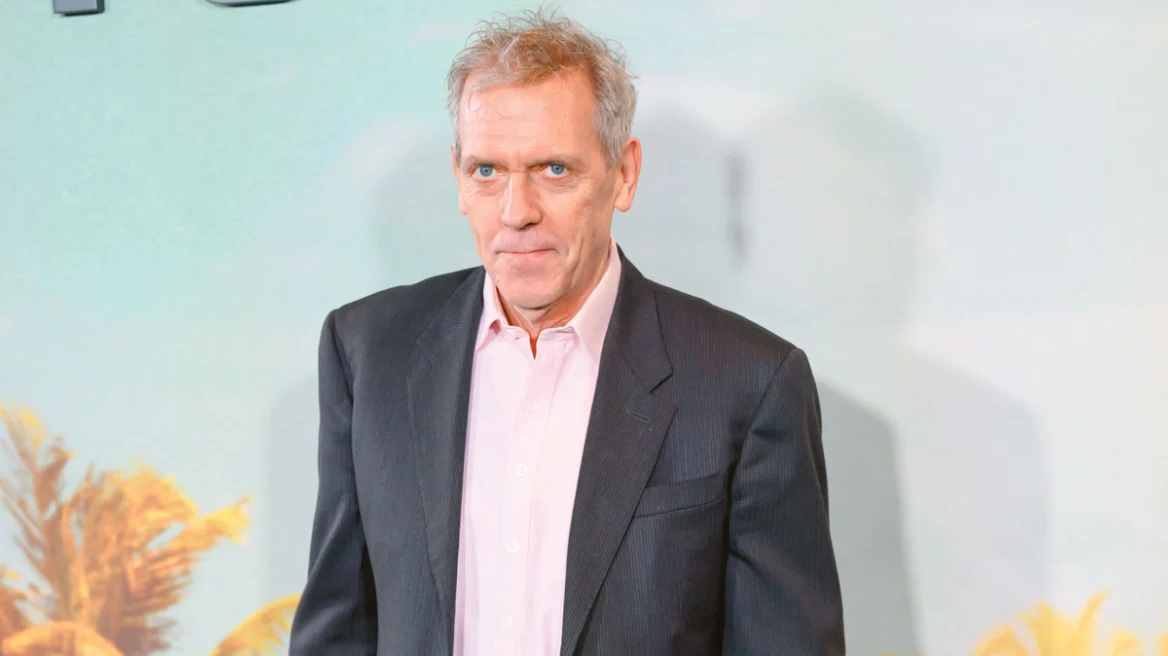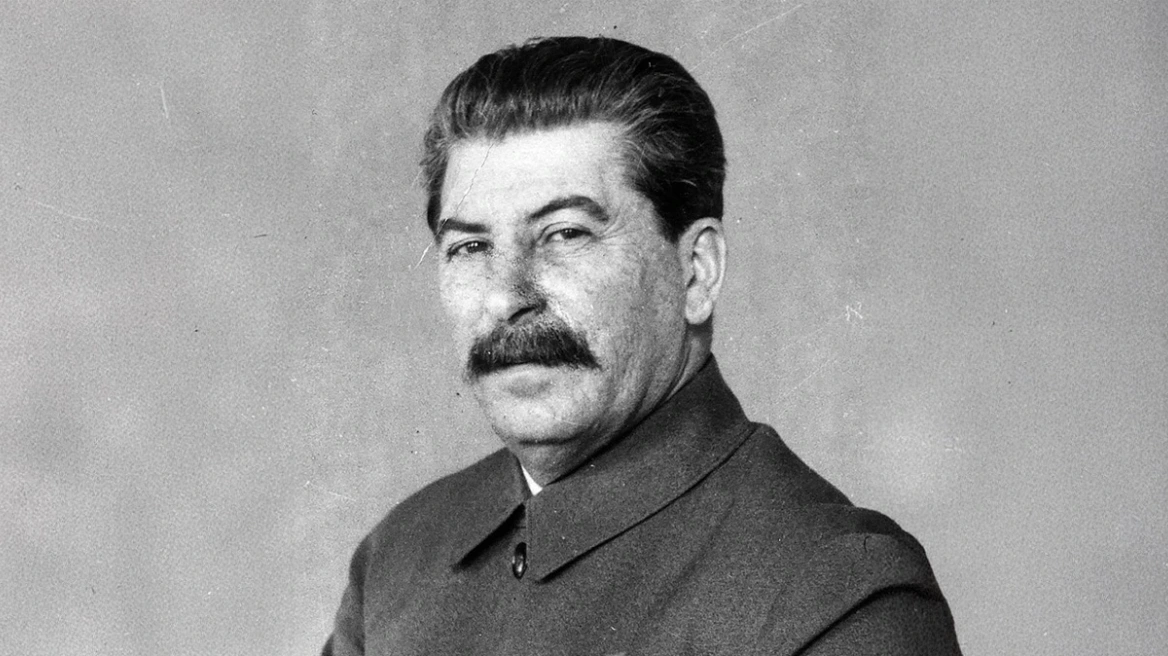Giannis Nikolopoulos was born in Athens on March 25, 1935 in Athens where he finished high school at the American College and at the age of 15 he received a scholarship to continue his studies in the USA. In 1955 he graduated from Pomona College, California. With a degree in International Relations he left North America to continue his studies at the University of London (School of Slavonic and East European Studies, King’s College) (1956-1959). Next was Paris. In the early 1960s he is at the Center for the Study of Slavic History, at the Sorbonne University. There Nikolopoulos contributed to the research effort concerning merchants and other economic agents of Greek origin in the Russian Empire of the 18th and 19th centuries.
As a child, together with his family in Psychiko, he experienced the humiliation and destruction of the German Occupation and the fratricidal Civil War. “I first learned English playing with children of American soldiers in the streets of Psychiko”, he used to say. And he never forgot the Indians soldiers of the British forces who confronted the EAM-ELAS guerrillas.
In 1965 he left Europe to return to the United States in order to help reorganize the Press Office of the Greek Embassy in Washington. There begins his career in diplomacy. Initially, his official position at the Washington embassy was that of cultural envoy. With the rise of the dictatorship in Greece in 1967 and after the failed coup of King Constantine in December of the same year, he refused to serve the junta and submitted his resignation. From 1967 to 1974 he taught history at the State University of New York (SUNY – Albany). Also at that time when he could not return to Greece because it was certain that he would not avoid arrest by the authorities, he taught at the Center for Mediterranean Studies at the American University in Washington.
In 1974, immediately after his return from Paris, Konstantinos Karamanlis invited Giannis Nikolopoulos to Athens where he met him in person and honored him with the order to act immediately as a Press Advisor to the Greek Embassy in Washington, but in essence as his personal envoy, for the upgrade of the new, democratic Greece in the American Media, in the Congress and in the Greek-American community.
Turkish firms supplied equipment to ISIS to weaponize drones
Afterwards, Nikolopoulos was transferred to the Press Office of the Greek Delegation to the UN, in New York, in order to promote the interests of Greece on a global level and in the international public opinion. In fact, when Athens decided to expand its relations with Russia, then in 1980 it transferred Nikolopoulos to the Greek embassy in Moscow, to explore the prospects and open the “doors” of the Russian capital. He was the right person for the job as he spoke Russian fluently and knew the Russian culture well, due to his university studies. He remained in the position of advisor to the Greek embassy in Moscow on cultural issues for two years, but in Russia Giannis Nikolopoulos lived for more than 25 years. For a long time he worked as a correspondent in the Russian capital of Eleftherotypia, Antena’s television and radio and the Greek Service of the BBC. At the same time he continued the research in the Russian archives and in the Russian libraries. Some of his studies based on primary Russian material are included in the collection of articles published in 2007 (Greki i Rossiya XVII-XX vv., Sankt-Peterburg, Aleteiya 2007).
His role in the establishment of the Hellenic Research Foundation in Moscow in 1990 was significant. The foundation operated in close collaboration with the Institute of Slavic and Balkan Studies of the Russian Academy of Sciences and with the full support of the historian Gregory Arsos and scholars of the history of Modern Hellenism. Nikolopoulos contributed substantially to the publication in Russia of studies on modern Greece.
In 2004, Giannis Nikolopoulos together with Manolis Lignos and Panagiotis Stamou co-founded the Center for Greek-Russian Historical Research (KERIE) based in Athens. KERIE owes many important initiatives and ideas for action to Nikolopoulos. Gentle, meek and eloquent he was always willing to help young researchers and to offer his knowledge and experience selflessly.
Ask me anything
Explore related questions





